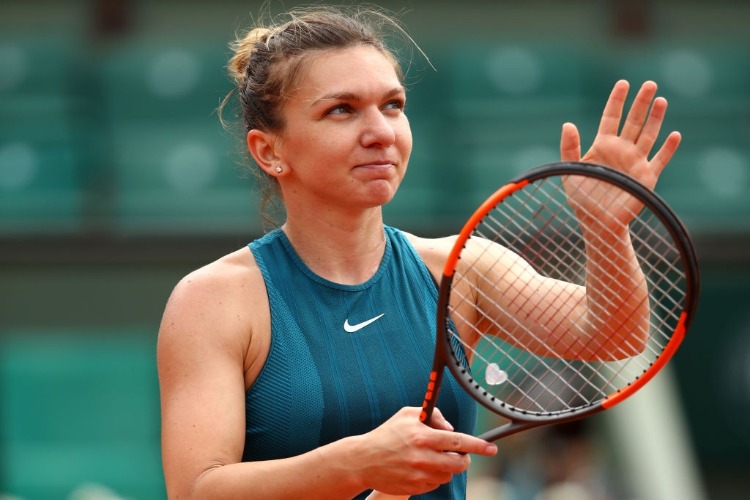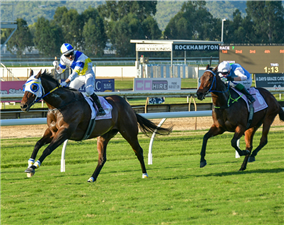
The former Wimbledon champion tested positive for the blood-boosting drug Roxadustat at the US Open in 2022 and was handed the long ban last September.
Halep appealed to CAS and, following a hearing last month, the court has dramatically reduced the Romanian's suspension.
A CAS statement read: "The CAS panel has unanimously determined that the four-year period of ineligibility imposed by the ITF (International Tennis Federation) independent tribunal is to be reduced to a period of ineligibility of nine months starting on October 7, 2022, which period expired on July 6, 2023."
The International Tennis Integrity Agency, which oversees tennis' anti-doping programme, had also appealed seeking an even longer ban, but this is a major victory for Halep, who was staring at the end of her career if the original sanction stood.
The independent tribunal had not accepted Halep's explanation that a contaminated supplement was the source of the Roxadustat in her system, while a charge of irregularities in her athlete biological passport was also upheld.
But the CAS panel took a different view, with a statement reading: "Having carefully considered all the evidence put before it, the CAS panel determined that Ms Halep had established, on the balance of probabilities, that the Roxadustat entered her body through the consumption of a contaminated supplement which she had used in the days shortly before August 29, 2022 and that the Roxadustat, as detected in her sample, came from that contaminated product.
"As a result, the CAS panel determined that Ms Halep had also established, on the balance of probabilities, that her anti-doping rule violations were not intentional.
"Although the CAS panel found that Ms Halep did bear some level of fault or negligence for her violations, as she did not exercise sufficient care when using the Keto MCT supplement, it concluded that she bore no significant fault or negligence."
CAS dismissed the biological passport finding, saying: "Contrary to the reasoning of the first instance tribunal, the CAS panel determined that it was appropriate in the circumstances to consider the results of a private blood sample given by Ms Halep on September 9, 2022 in the context of a surgery which occurred shortly thereafter.
"Those results, and Ms Halep's public statements that she did not intend to compete for the remainder of the 2022 calendar year, impacted the plausibility of the doping scenarios relied upon by the ITF independent tribunal.
"Having regard to the evidence as a whole, the CAS panel was not comfortably satisfied that an anti-doping rule violation had occurred. It therefore dismissed that charge."
The ITIA has also been ordered to pay Halep around £18,000 as a contribution to her legal fees and expenses.
ITIA chief executive Karen Moorhouse said: "An essential element of the anti-doping process is a player's ability to appeal and the ITIA respects both their right to do so and the outcome. We await the full reasoned decision and will review it thoroughly in due course."
Halep was the highest-profile tennis player since Maria Sharapova to fail a drugs test, having won the French Open in 2018 and Wimbledon the following year as well as being ranked world number one.
The 32-year-old, who strongly criticised the original process, will now look to rebuild her career.







